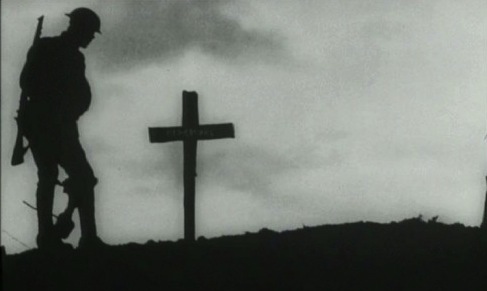Anzac Day: Lest We Forget
LEST you think it’s just another holiday for you to sleep in, party, or catch up with your readings, Anzac Day is a day of immense cultural significance in Australia. Leon Saw pays tribute.
So what’s with all those dawn services and military parades this morning? And why are there all these elderly gentlemen out and about, dressed in crisp uniforms with an impressive array of medals pinned on it?
The origin of Anzac Day is in Australia’s first major involvement in a theatre of war: the Gallipoli campaign during World War I. The Australian and New Zealand Army Corps soldiers, or Anzacs, were components of an Allied taskforce charged with establishing a foothold on the Gallipoli Peninsula to facilitate further operations against the Ottoman Empire, Germany’s ally. On April 25, 1915, the Anzacs were deployed on the peninsula, but encountered heavy resistance from the Ottoman forces. The campaign then grounded to a stalemate, and eight long months of brutal trench warfare ensued with mounting casualties on both sides, before Allied forces completely withdrew in early 1916. Allied deaths numbered in the tens of thousands, 8,709 of which were Australian.
Though the Gallipoli campaign was not successful, it effectively defined and united a young Australian nation with Anzac stories of courage, valour, sacrifice, and persevering against the odds. And so in 1916, April 25 officially became Anzac Day to honour and remember these tales, and the individuals in them.
Over the years, Anzac Day has also come to acknowledge and commemorate those who gave their lives, or participated in other military deployments, serving their country. These deployments range from prominent conflicts such as World War II, the Vietnam War, the Korean War and the more recent military operations in the Middle East; to the more obscure, yet no less important, humanitarian aid and peacekeeping missions, such as the United Nations Transitional Authority in Cambodia, and the United Nations Transitional Administration in East Timor.
Such is the importance of Anzac Day that it has been observed, in varying degrees, by many other countries as well. Solemn dawn ceremonies are held in England, France, Germany, and Ireland where Anzacs have served, as well as in Hong Kong and Thailand where Australian troops fought alongside the British against the Japanese.
Reflecting on the significance of the occasion, Francis Puran, 31, who is currently serving in the Australian Army Reserve and was a former corporal in the Royal Australian Air Force and University of Queensland political science graduate, gives a glimpse of his time in the Middle East where he underwent two tours of duty, approximately six months each.
“It didn’t matter where you went. You had to wear Kevlar everywhere, and constantly be on your guard. All your movements were so restricted; you couldn’t even go out to buy cigarettes or food,” he says.
Because there were Australian casualties in his area of operations which he supported, Puran considers himself really lucky to “come back in one piece”.
“You’re thankful for the people around you because it was really hard to fathom what it would be like for my family if I didn’t come home,” he says.
But together, his time in service will be an invaluable and priceless experience that he will always carry with him.
“I formed some lifelong bonds and relationships with people. I even got along really well some of the local civilian contacts on the ground,” Puran says.
These relationships, forged in the crucible of battle, are something that all defence personnel, regardless of generation, can identify with.
“It’s something the civilian world can’t completely understand and see the value of. It isn’t about the war itself. It’s about how the conflicts bring out the best in people.”
While some military campaigns may have been controversial, Puran believes the soldiers of the day were “fighting for what they believed was the right thing at that time.”
“These people still sacrificed, not only their creature comforts, but also their relationships, mental and physical health, and sometimes, even their lives.”



